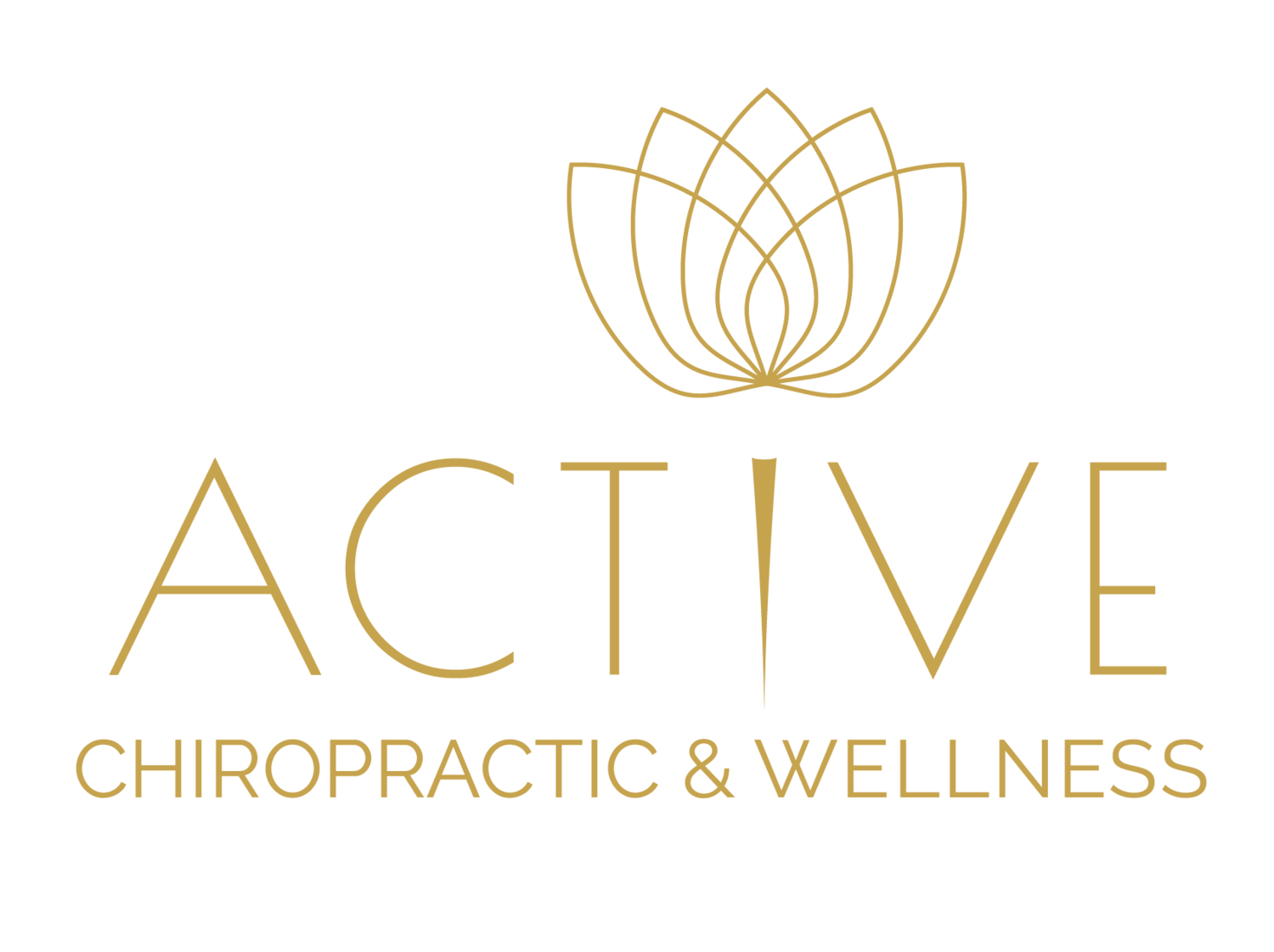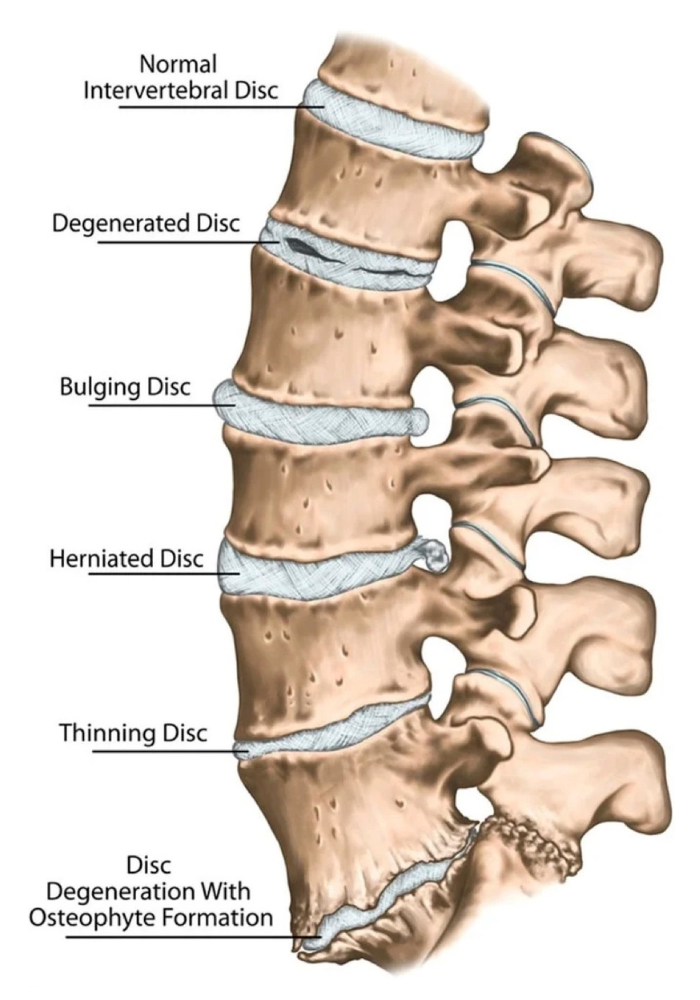articles
Disc Disorders and How Chiropractic Can Help
by: Matt Murphy DC
What are intervertebral discs disorders?
Intervertebral disc disorders including herniations, bulges, protrusions, sequestrations, thinning discs, degenerated discs and “slipped discs” are conditions that are commonly seen in a chiropractic office. The intervertebral disc (IVD) connects two vertebrae in the spine and helps to counteract forces that cause compression and elongation of the disc. The IVD also provides adequate space for the spinal nerves to exit out of holes called foramina in the spine. Disc disorders can cause the disc to decrease in height and also to push the disc into the exiting nerve root resulting in pain which often causes symptoms in the affected limb. Common symptoms of disc disorders in a limb include pain, burning, tingling, numbness, weakness, and decreased reflexes. These symptoms are collectively called radicular pain. When these symptoms occur in the legs, we refer to them as sciatica, which refers to the nerve in the leg which is commonly affected. Symptomatic disc disorders are most commonly seen in the lower back and neck, but can also occur in the mid back.
I personally suffered a disc issue in my early 20’s after lifting a heavy object, which resulted in muscle spasms and severe pain in my lower back as well as debilitating sciatica. Luckily, I was in chiropractic college at the time and was treated immediately with chiropractic care and made a speedy recovery over the course of a month or two.
How are intervertebral disc disorders managed?
Disc disorders are exceedingly common and are generally treated without invasive procedures.
Chiropractic care helps to restore joint motion and stability to affected areas and helps to reduce radicular pain in the affected limb. Spinal manipulation, myofascial release, and corrective exercises are the key components of treatment when it comes to managing disc disorders. In addition learning proper lifting mechanics and limiting prolonged sitting can also help to decrease disc pain in the lower back. Sitting produces pressure on the IVD known as intrathecal pressure within the spine. Higher and prolonged intrathecal pressure can irritate and compress the IVD, resulting in pain and inflammation. In addition, natural anti-inflammatories are also beneficial in reducing inflamed discs. Two exceptional products that accomplish this that we carry in the office are called Merivia and Inflammatone. Meriva is highly concentrated turmeric. Turmeric is a spice that contains ingredients called curcumins which help to naturally reduce inflammation without any side effects to the GI system or liver. Inflammatone is a blend of natural anti-inflammatories along with proteolytic enzymes that assist in reducing inflammation.
Common Questions regarding disc disorders
Do I need imaging before being seen by a chiropractor if I suspect I have a disc issue?
No, most disc disorders can be diagnosed through a detailed physical exam and history. Radiographs also known as xrays cannot visualize the actual disc but give us information on the height of the disc and health of the nearby vertebrae. MRI imaging is generally considered the best way to view the disc. MRI imaging is generally only needed when disc issues are not improving with conservative care and for certain red flag symptoms identified by a physician. If a patient has had prior imaging performed, we recommend bringing those results with you on your first appointment.
Can I get adjusted?
Yes! Chiropractic adjustments are beneficial and safe for disc issues and often provide relief immediately. In addition to adjustments certain forms of traction are also beneficial.
Do disc bulges/herniations ever go back to “normal”?
Most disc bulges or herniations usually do not go back to how they were originally, but occasionally we will see disc bulges or sequestrations improve on follow up MRI’s. However, most symptoms of disc issues will improve despite imaging findings.
Check out the video below and if you have further questions or think you might have issues regarding a disc, please do not hesitate to make an appointment.
Dr. Matt Murphy, D.C.

